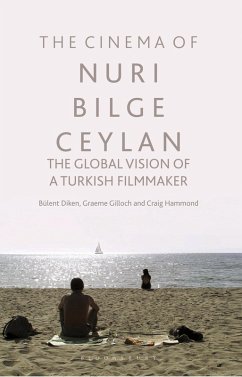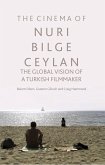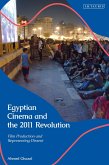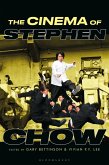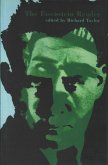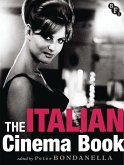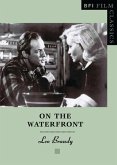Film maker Nuri Bilge Ceylan's meditative, visually stunning contributions to the 'New Turkish Cinema' have marked him out as a pioneer of his medium. Reaping success from his prize-winning, breakout film Uzak (2002), and from later festival favourites Once Upon a Time in Anatolia (2011) and Winter Sleep (2014), he has quickly established himself as an original and provocative writer, director and producer of 21st century cinema. In an age where Turkey's modernisation has created societal tensions and departures from past tradition, Ceylan's films present a cinema of dislocation and a vision of 'nostalgia' understood as homesickness: sick of being away from home; sick of being at home. This book offers an overdue study of Ceylan's work and a critical examination of the principle themes therein. In particular, chapters focus on time and space, melancholy and loneliness, absence, rural and urban experience, and notions of paradox, as explored through films which are often slow and uncompromising in their pessimistic outlook.
Moving on from the tendency to situate Ceylan's oeuvre exclusively within the canon of 'New Turkish Cinema', one of this book's major achievements is also to assess the influence of classic European thought, literature and film and how such a notably minimal - and in many ways nationally-specific - approach translates to an increasingly transnational context for film. This will prove an important book for film students and scholars, and those interested in Turkish visual culture.
Moving on from the tendency to situate Ceylan's oeuvre exclusively within the canon of 'New Turkish Cinema', one of this book's major achievements is also to assess the influence of classic European thought, literature and film and how such a notably minimal - and in many ways nationally-specific - approach translates to an increasingly transnational context for film. This will prove an important book for film students and scholars, and those interested in Turkish visual culture.

